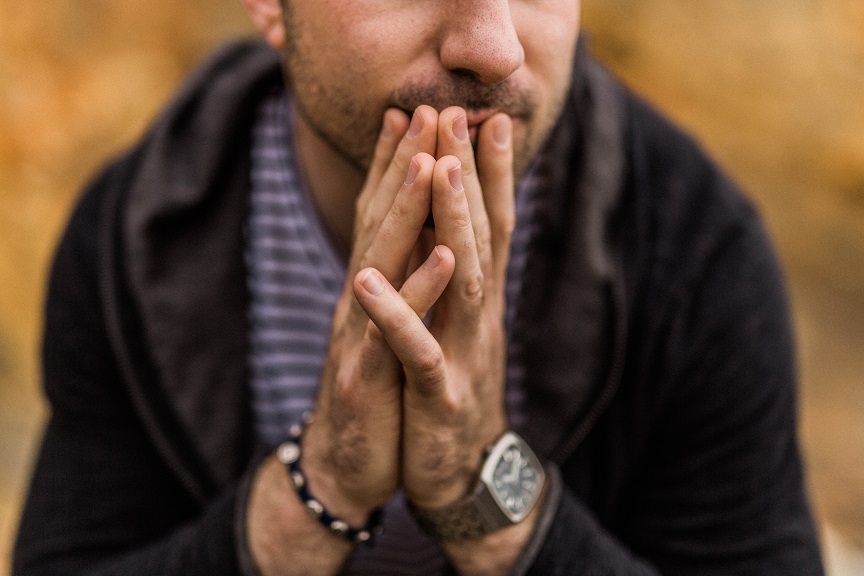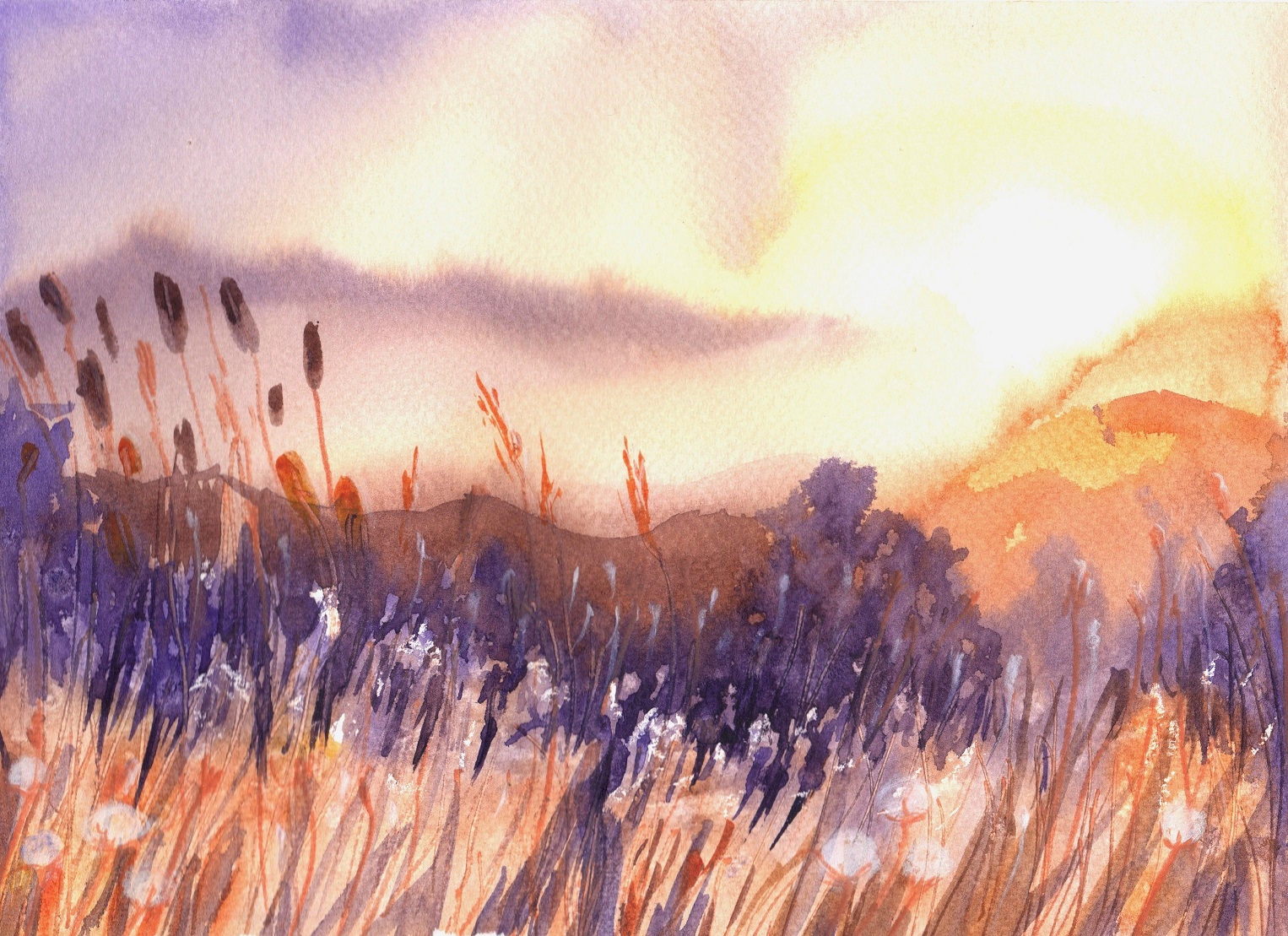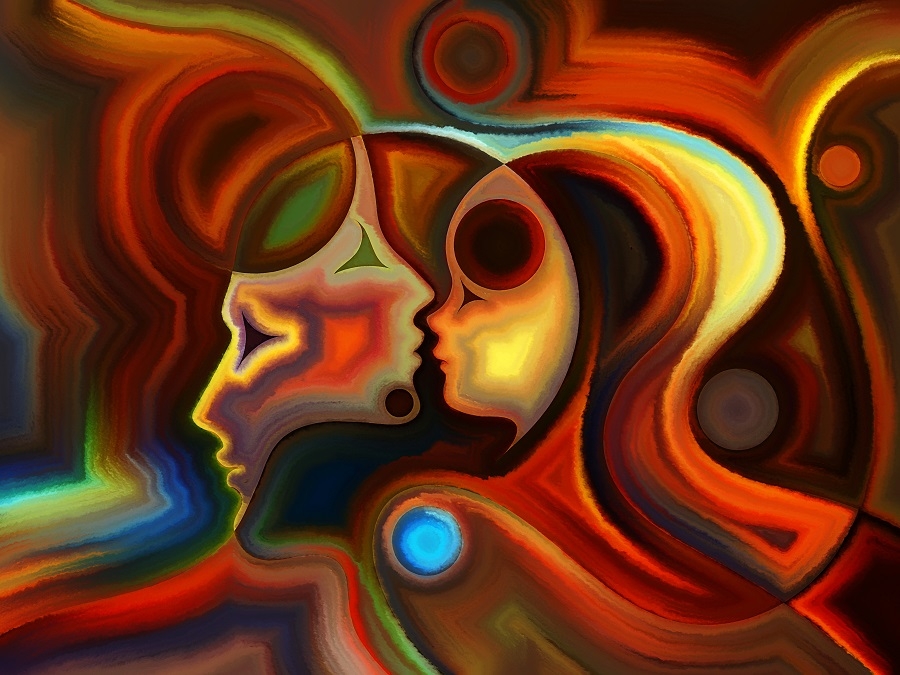Note: Only a professional trained in recognizing and treating mental health diagnoses is qualified to diagnose someone, including yourself, with a mental health disorder. This post is for educational purposes, not for self-diagnosis. If you feel like you may struggle with these issues, seek out a qualified professional for clarity and help.
The word “depression” is used in many ways throughout the world. People use the term “depression” interchangeably with burnout, sadness, grief, or when having a bad day. This creates confusion for many when trying to determine whether they or someone they love is experiencing … Read more



